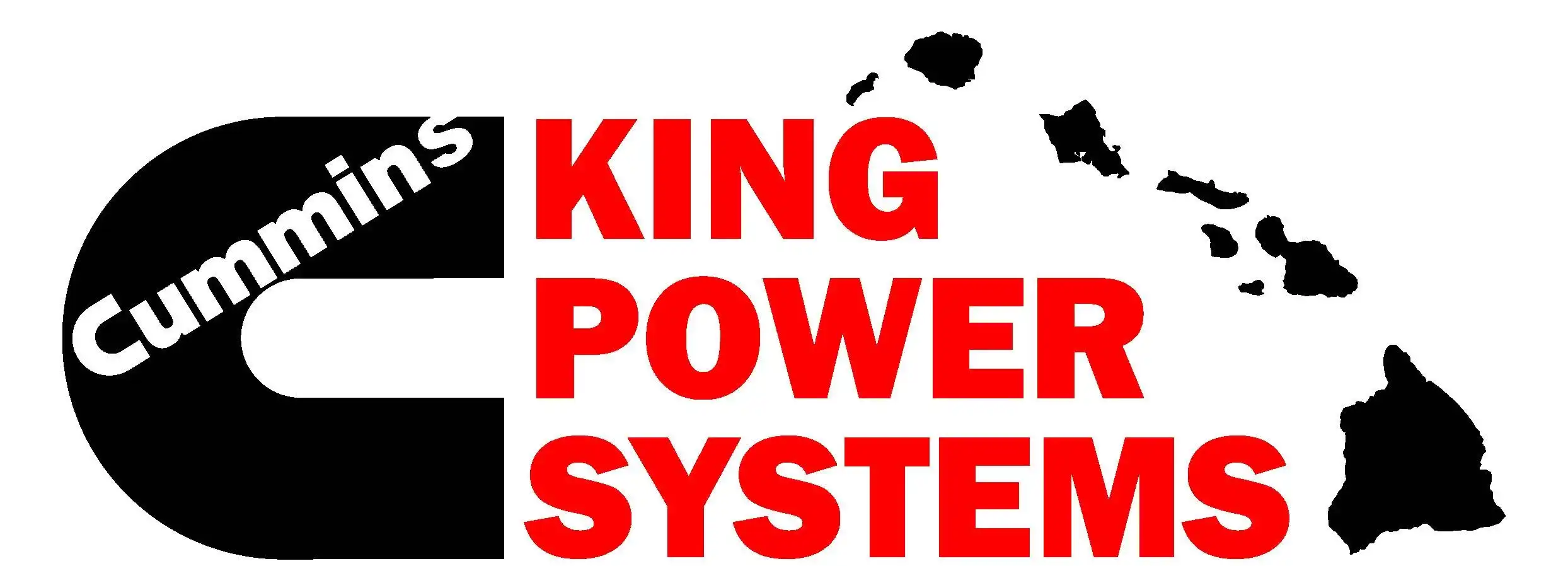Reps. Gabbard and Hanabusa Vote to Pass new Funding Bill
Reps. Tulsi Gabbard and Colleen Hanabusa recently voted to pass a funding bill that aims to strengthen military defense, education, child care, health care, and disaster relief programs.
The fiscal year 2019 Defense and Labor, Health and Human Services, and Education Appropriations package would fund the government through Dec. 7, 2018. The bill passed the House by 361 to 61 and now heads to the President’s desk for signature.
“While I have concerns about some provisions in this legislation, ultimately this bipartisan funding bill will take care of our troops and help provide essential services for the people of Hawai‘i and across the country,” Rep. Gabbard said. “Our families all across the Hawaiʻi face many challenges – we must put their well-being before politics and continue to find ways to deliver results for them.”
Provisions of the 2019 Appropriations Act and the 2019 Continuing Appropriations Act would:
Provide a little over $150 billion for military personnel and increase military pay by 2.6 percent, the largest military pay raise in nine years, according to Gabbardʻs press secretary.
Provide over $600 billion in base funding for the Department of Defense.
Direct a little over $10 billion for the Missile Defense Agency, which includes Hawaiʻi defense programs, like the Sea Based X-Band Radar, the Hawaiʻi/Homeland Defense Radar, and the Aegis ballistic missile defense tests.
Provide a little over $34 billion for defense health programs, including cancer research, traumatic brain injury and psychological health research, breast cancer research, and prostate cancer.
Allocate $300 million to the Veterans Employment and Training program. The bill would also permit the use of funds to pay for death gratuities to dependents of service members killed in action in the event of a government shutdown.
Provide more than $1 billion for Impact Aid, which provides funds to school districts that lose revenue due to federal activities.
Direct a little over $1million for TRIO, a program that aims to provide services for disadvantaged students.
Allocate $10 billion for Head Start, a program that helps children under the age of 5 from low- income families prepare for school.
Extend the Violence Against Women Act
Provide $35 million for the Sexual Assault Special Victimʻs Counsel Program, which provides judge advocates who represent the interests of survivors throughout the military justice process.
Fund a little over $39 billion for the National Institutes of Health for research on improving prevention, treatment, and cures to life-threatening illnesses and diseases such as Alzheimer’s, cancer, HIV/AIDS, and diabetes.
Allocate over $4 billion for programs to respond to the opioid crisis, including prevention, treatment, surveillance, research to develop non-opioid pain medication, behavioral health workforce training, and support for children and families.
Fund $7.9 billion for the Centers for Disease Control and Prevention.
Provide a little over $1 billion in discretionary funding for Community Health Centers (CHCs). Hawai‘i is home to 15 CHCs that serve about 150,000 people, including those in low-income, rural, and underserved communities.
Fund $286 million for Title X Family Planning. These funds will support family planning and preventive health services for millions of low-income, uninsured, and underinsured Americans each year, including more than 13,335 people in Hawaiʻi, according to Gabbardʻs press secretary.
Direct a little over $5 billion for the Child Care and Development Block Grant (CCDBG), including CCDBG programs in Hawai‘i that currently only cover 11 percent of eligible keiki.
Provide $1.2 billion for Environmental Restoration Accounts to clean up active, inactive, formerly used lands, and lands and resources affected by past Department of Defense releases of hazardous substances.
Allocate $3.7 billion for the Low-Income Home Energy Assistance Program to help keep families safe and healthy through initiatives that assist families with energy costs.
Provide $7.9 billion for the FEMA Disaster Relief Fund for disaster response and recovery, including those affected by natural disasters in Hawai‘i.
Direct the Secretary of Health and Human Services (HHS) to submit a family reunification plan to Congress and fund trauma counseling services for separated children, to increase transparency and oversight of HHS and help provide care and services to children in HHS custody.
“It is encouraging that the Congress, despite the partisan battles that dominate news coverage, is slowly returning to the regular order when it comes to funding the operations of the government,” Congresswoman Hanabusa said. “These funding measures demonstrate what is possible when we put country before party and serve the needs of our citizens. We thank our colleagues in the House for their work on this compromise and urge the Senate to continue with the regular order.”
More information on the fiscal year 2019 Defense and Labor, Health and Human Services, and Education Appropriations package can be found online.









